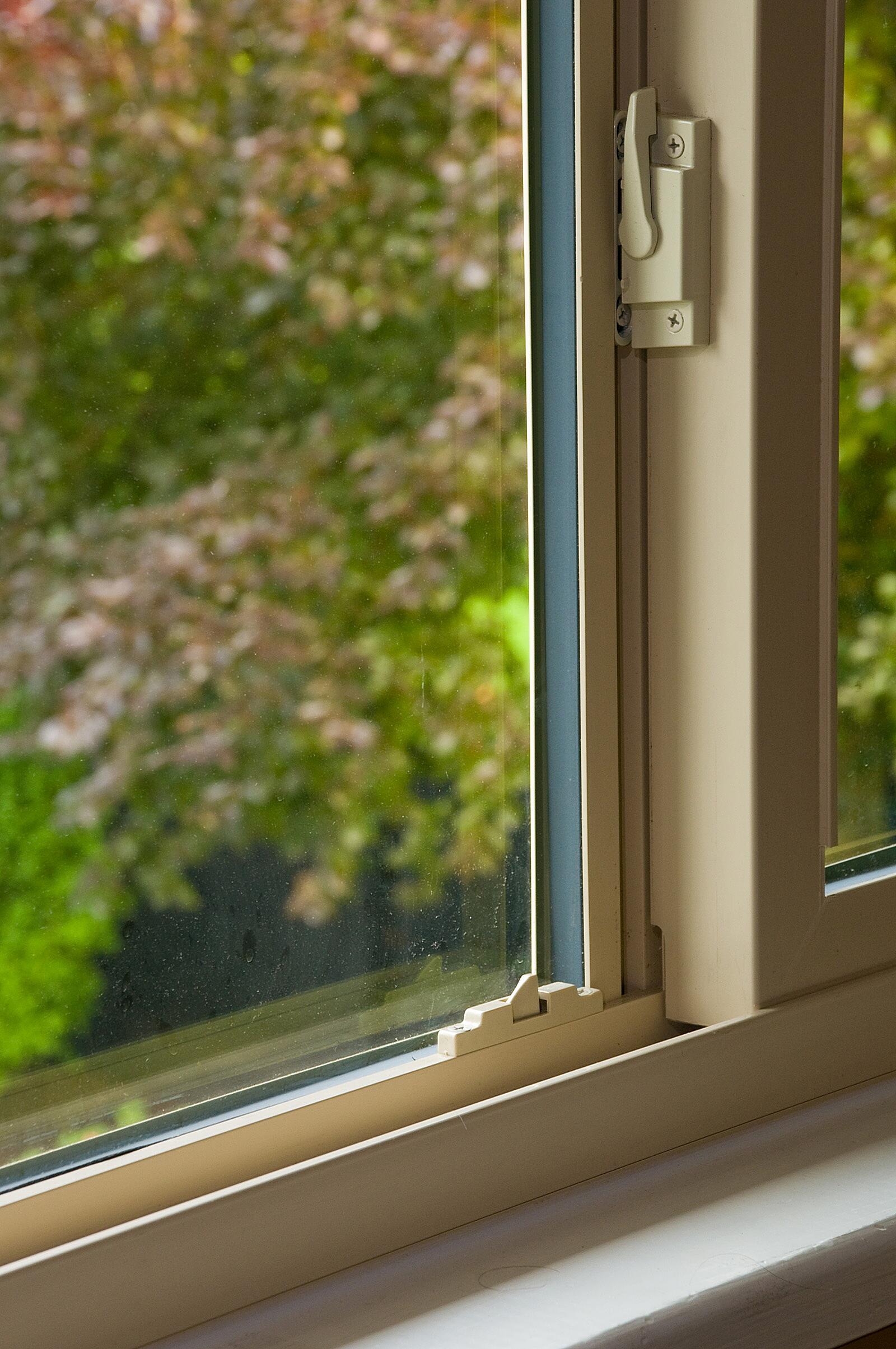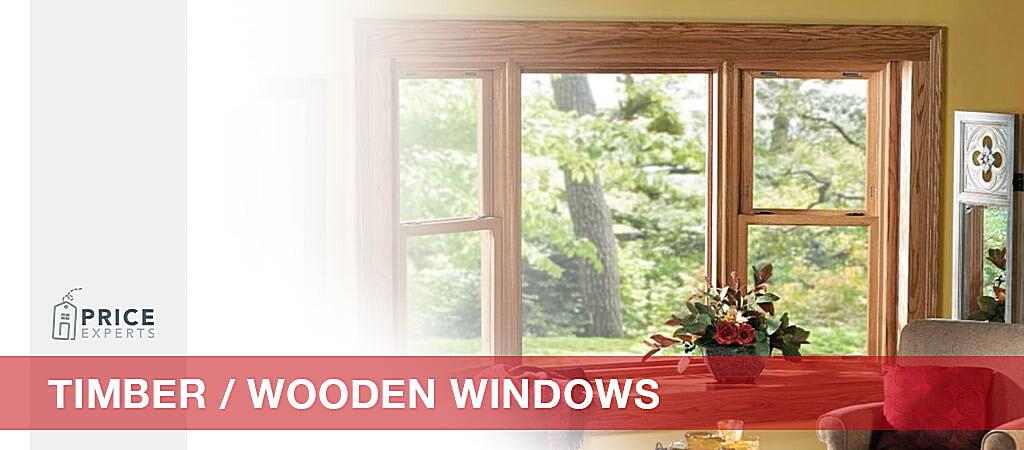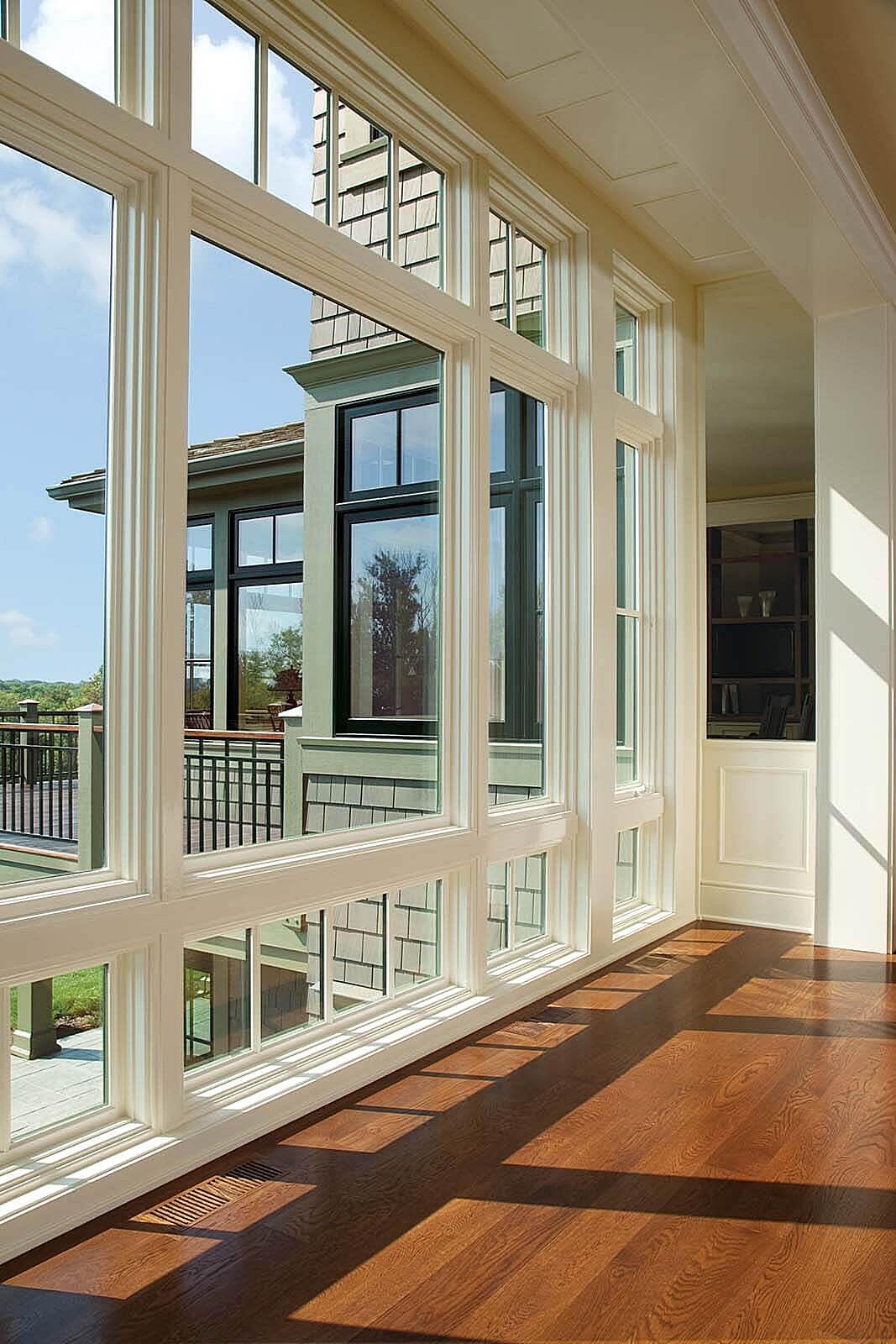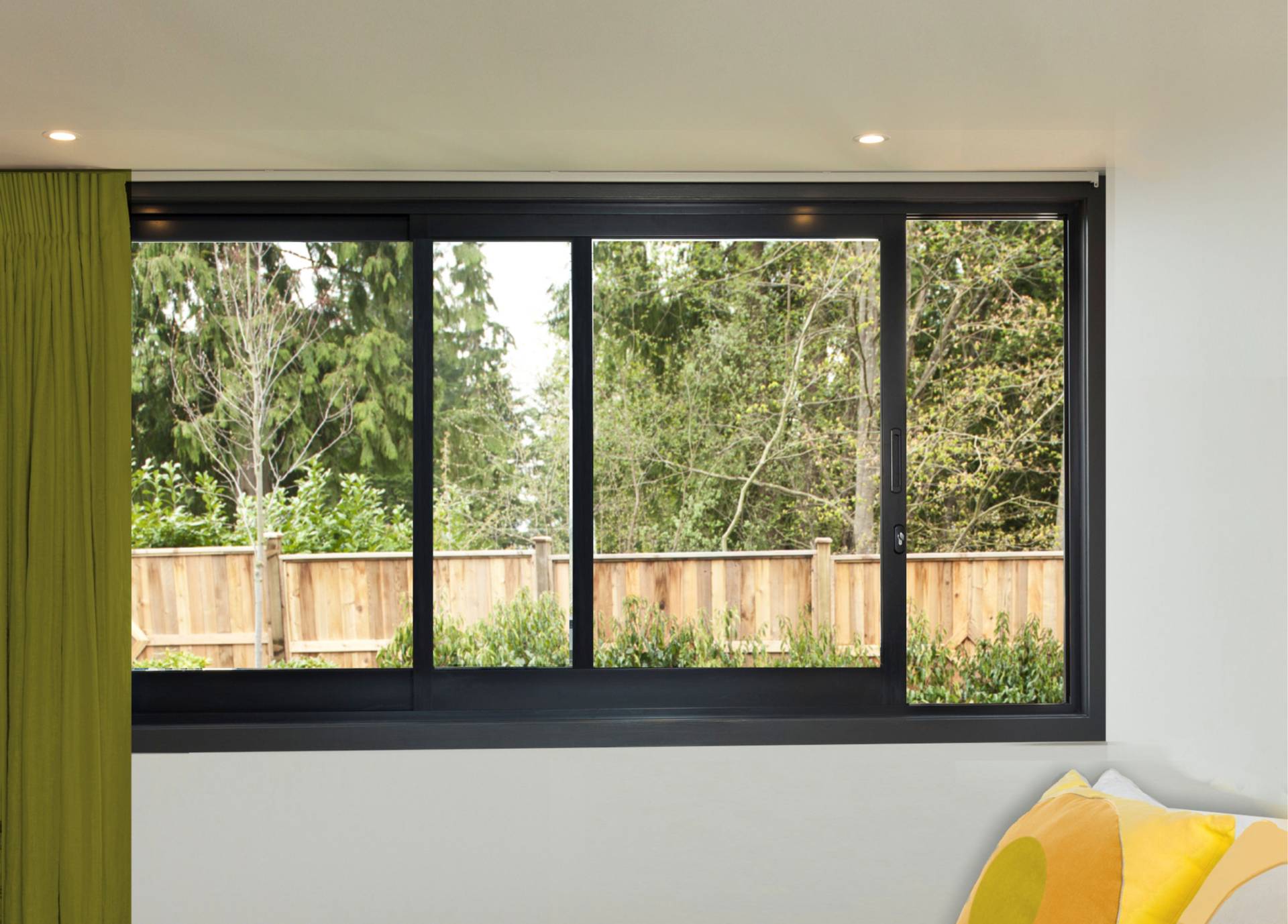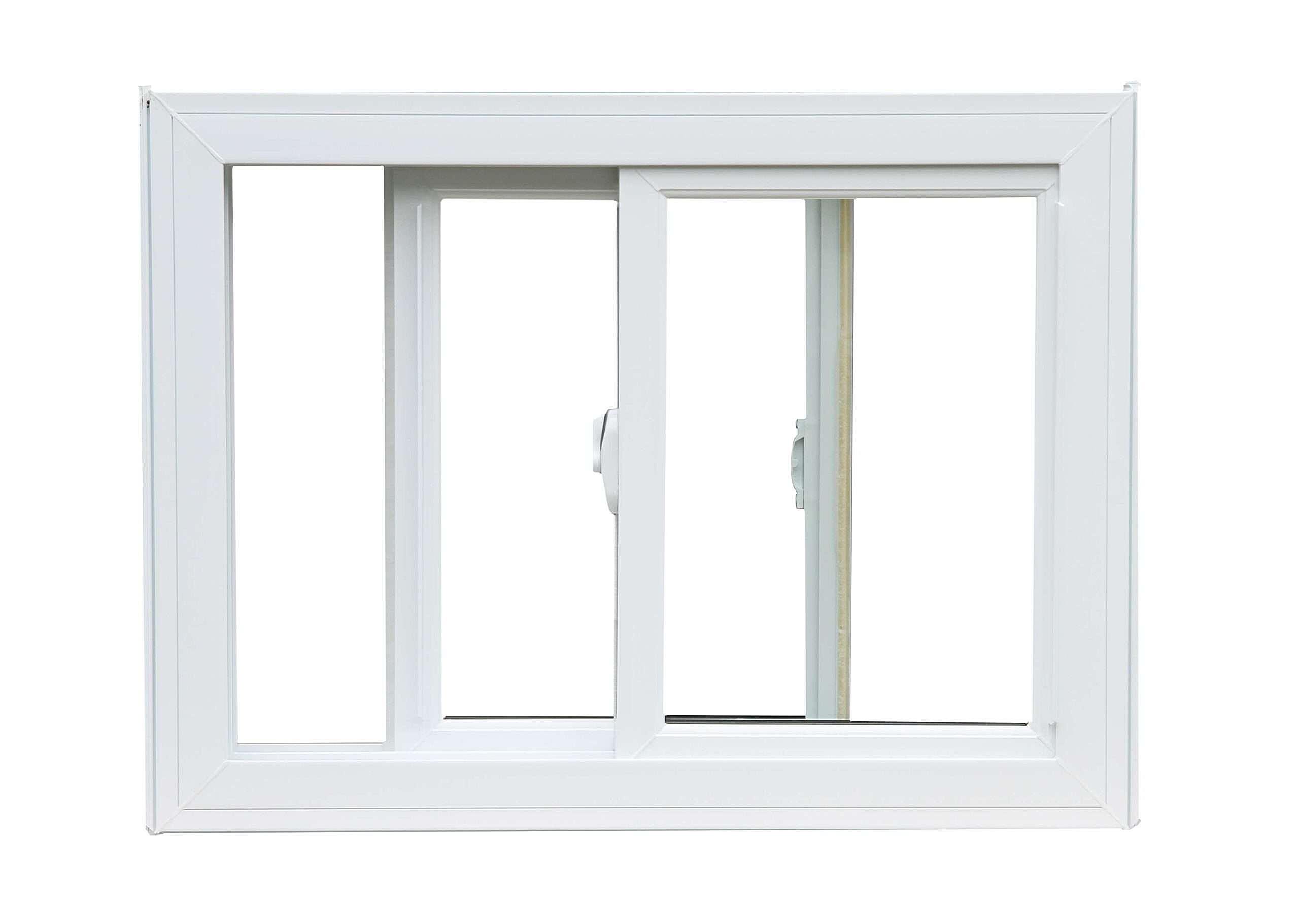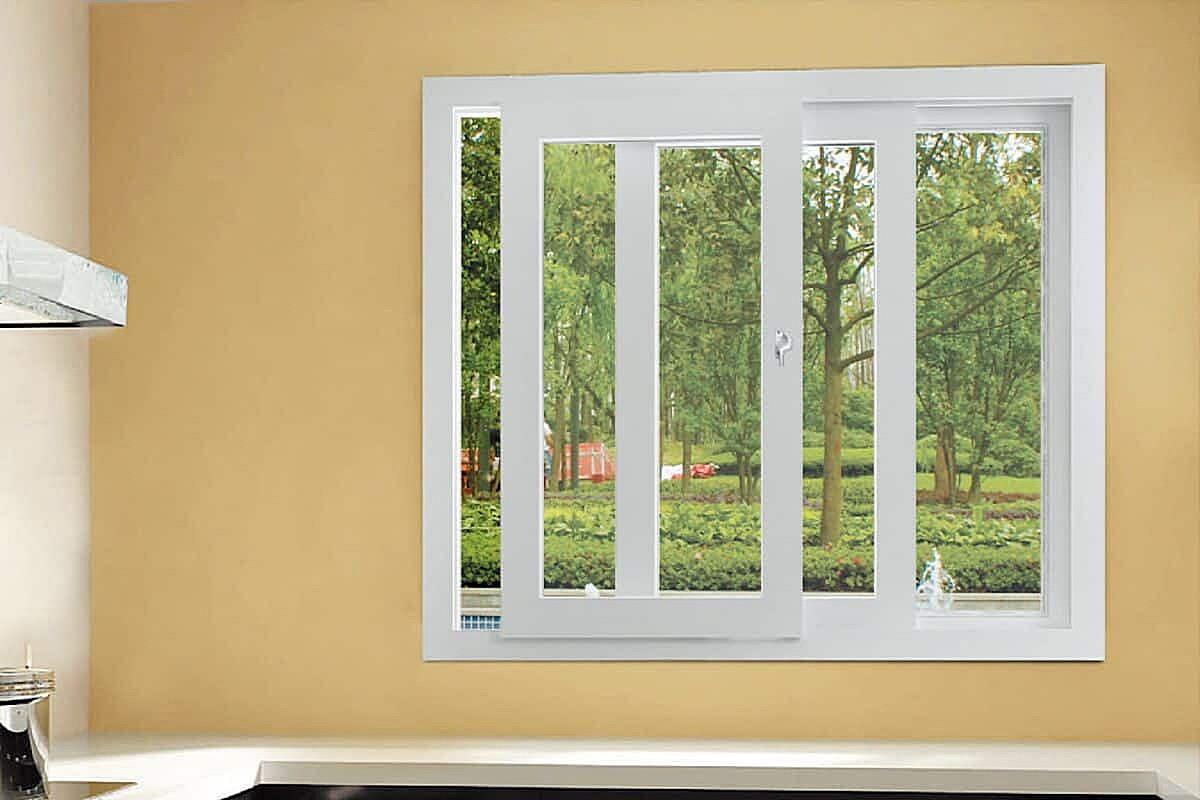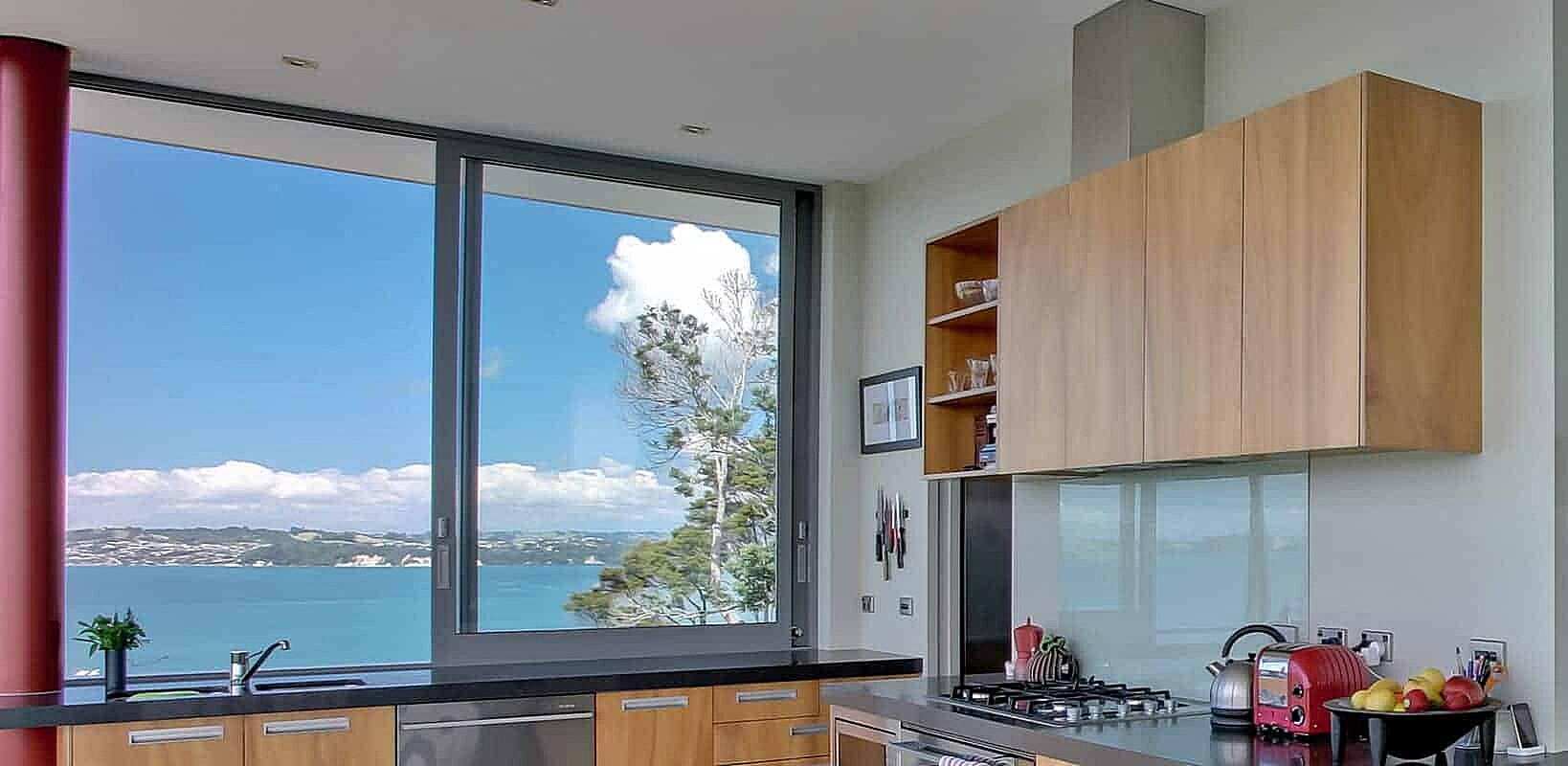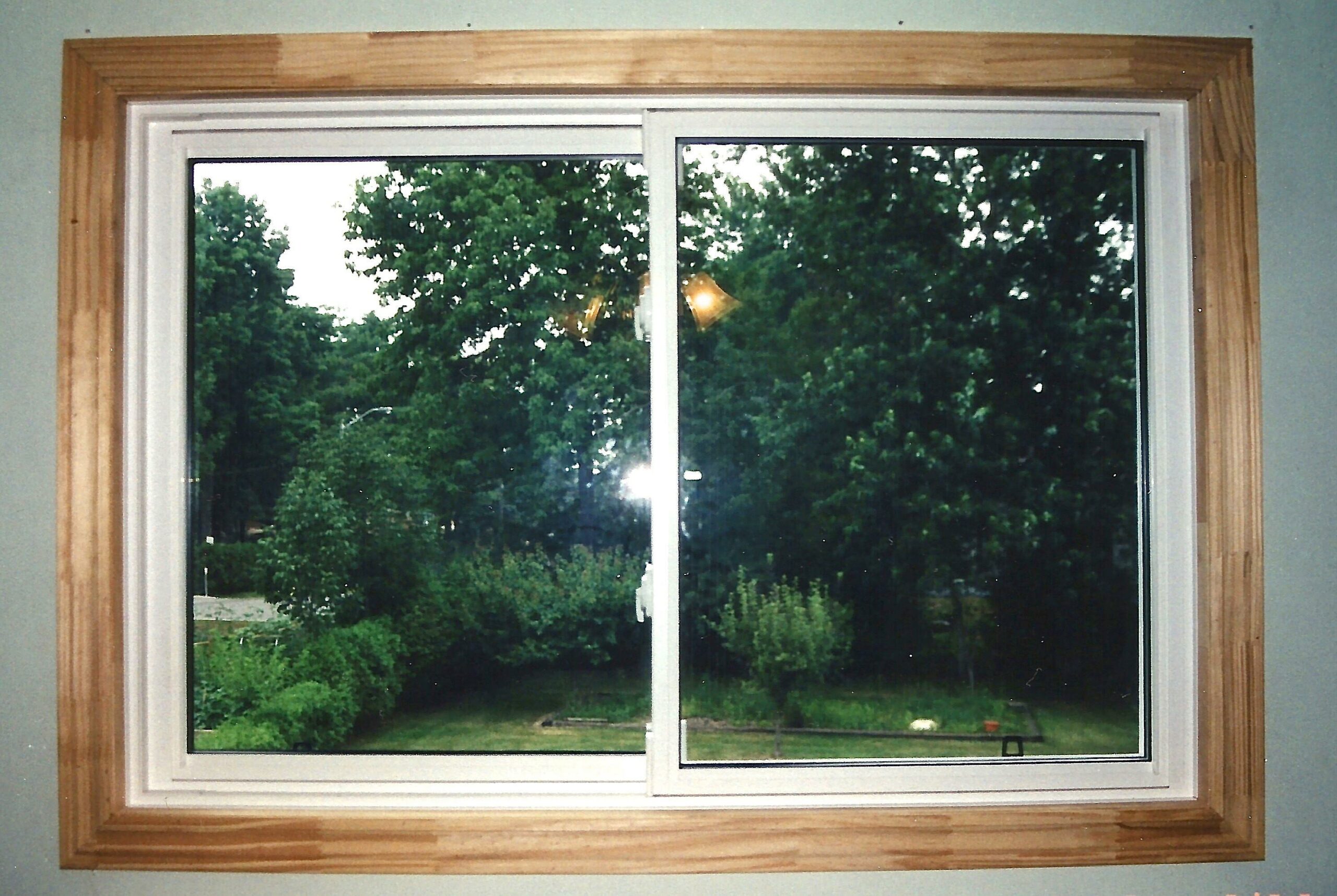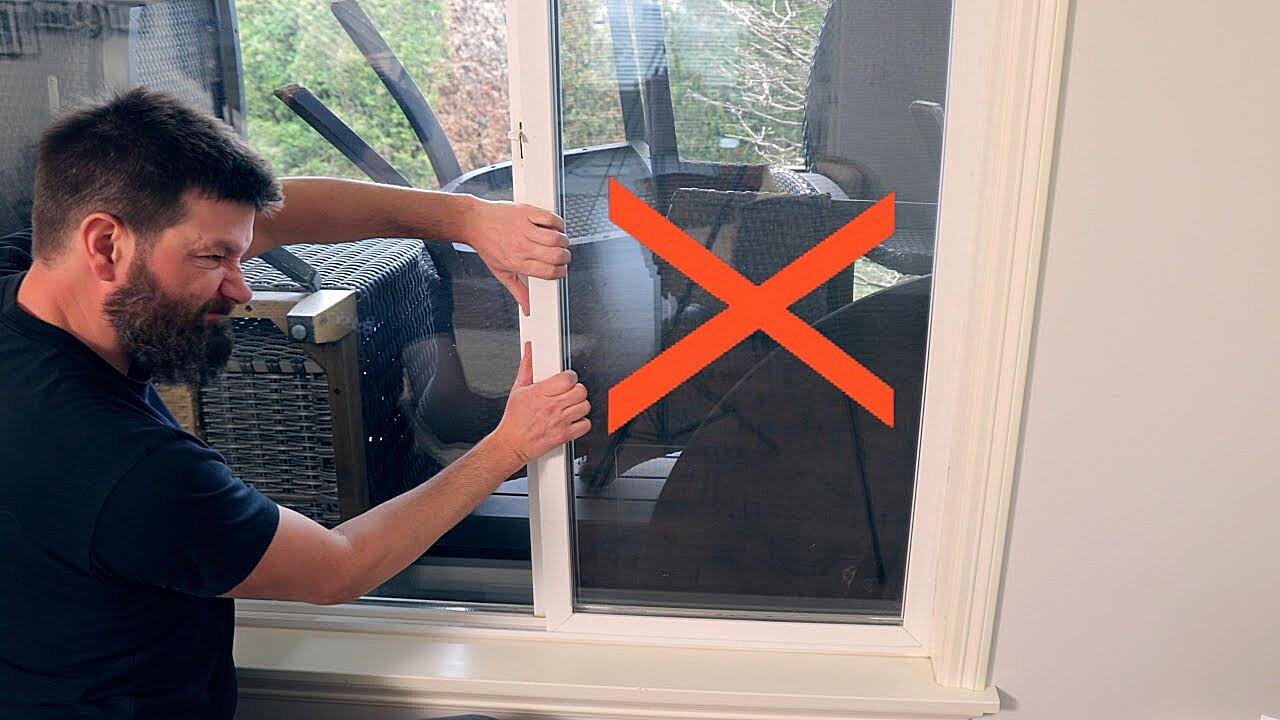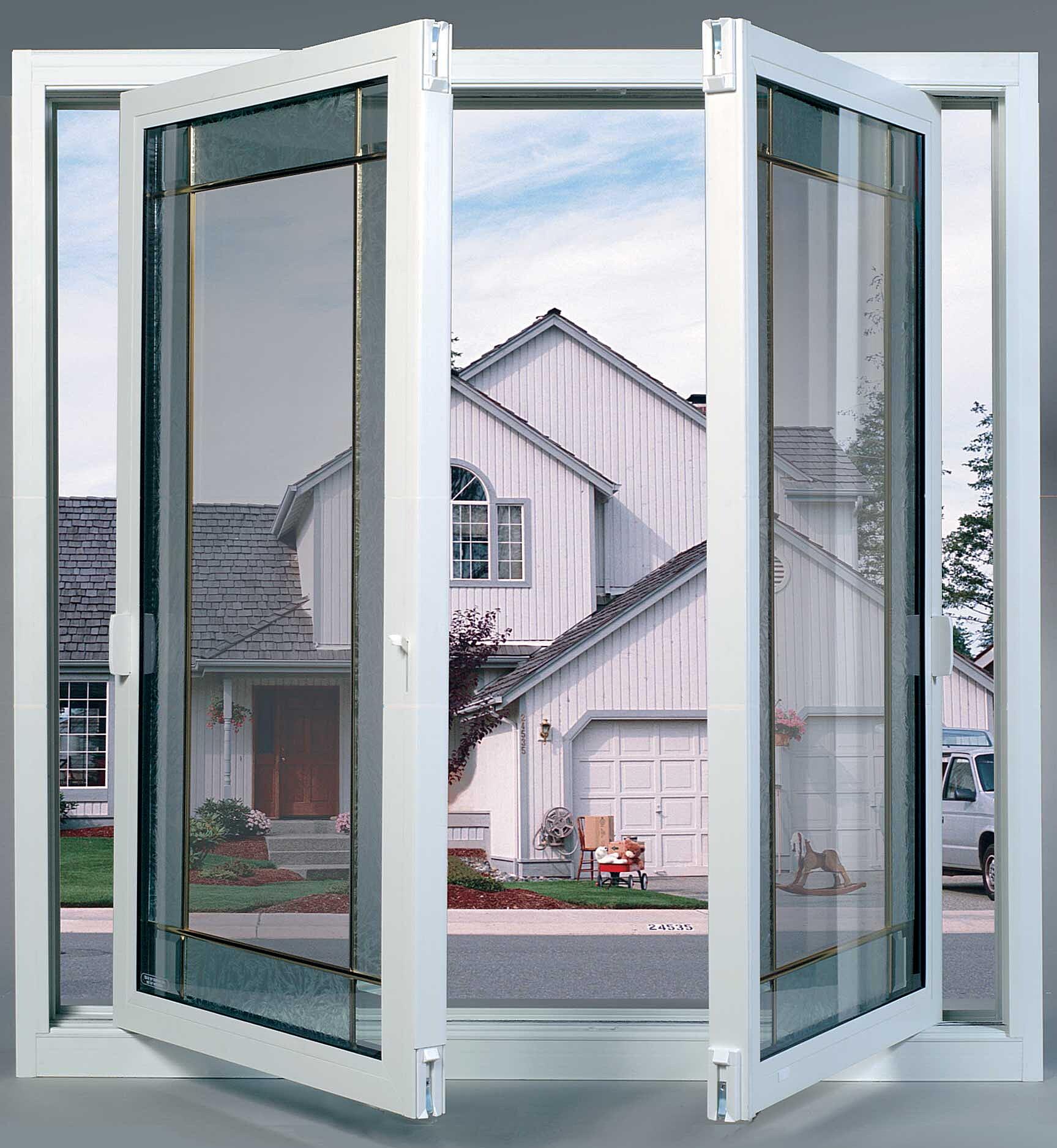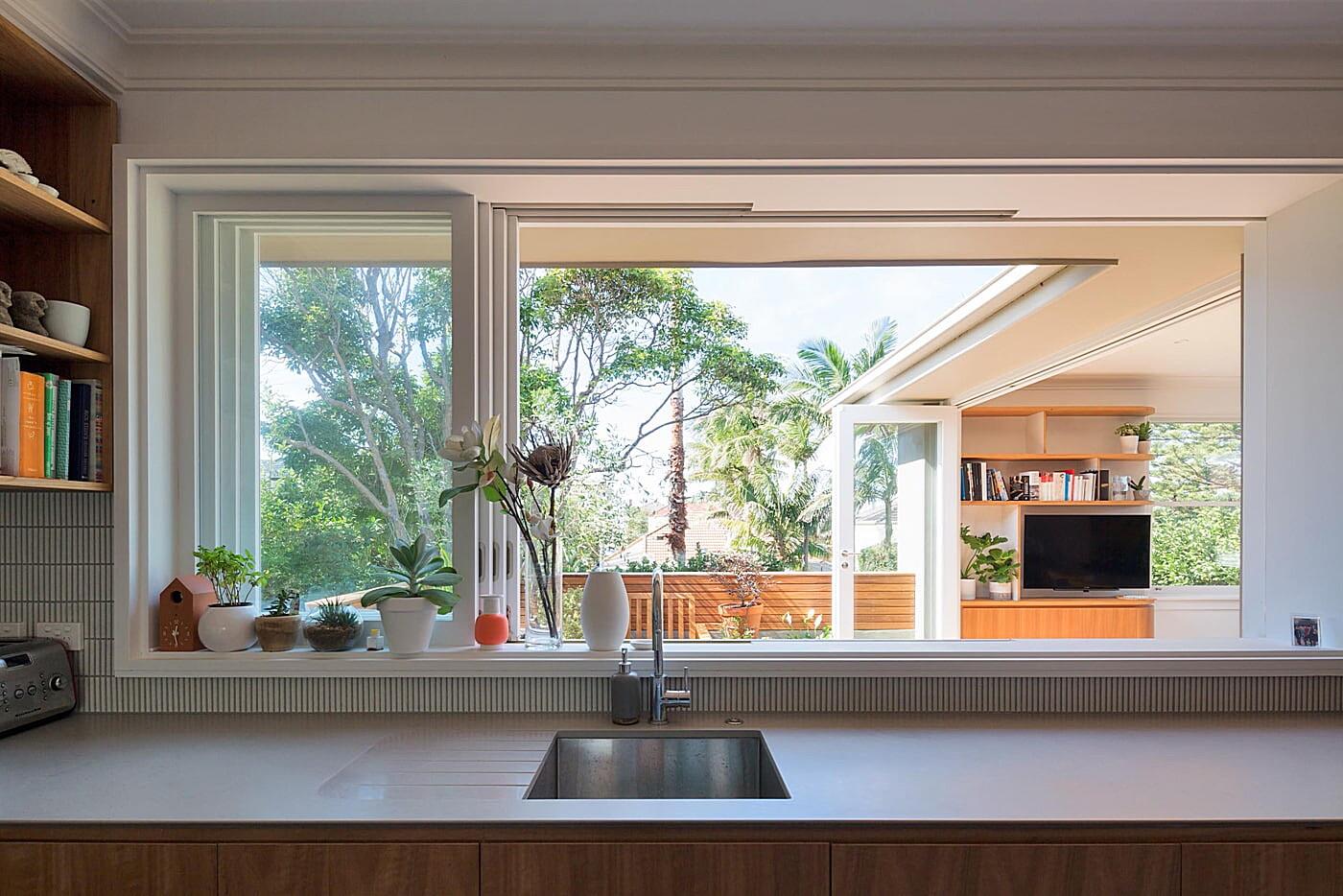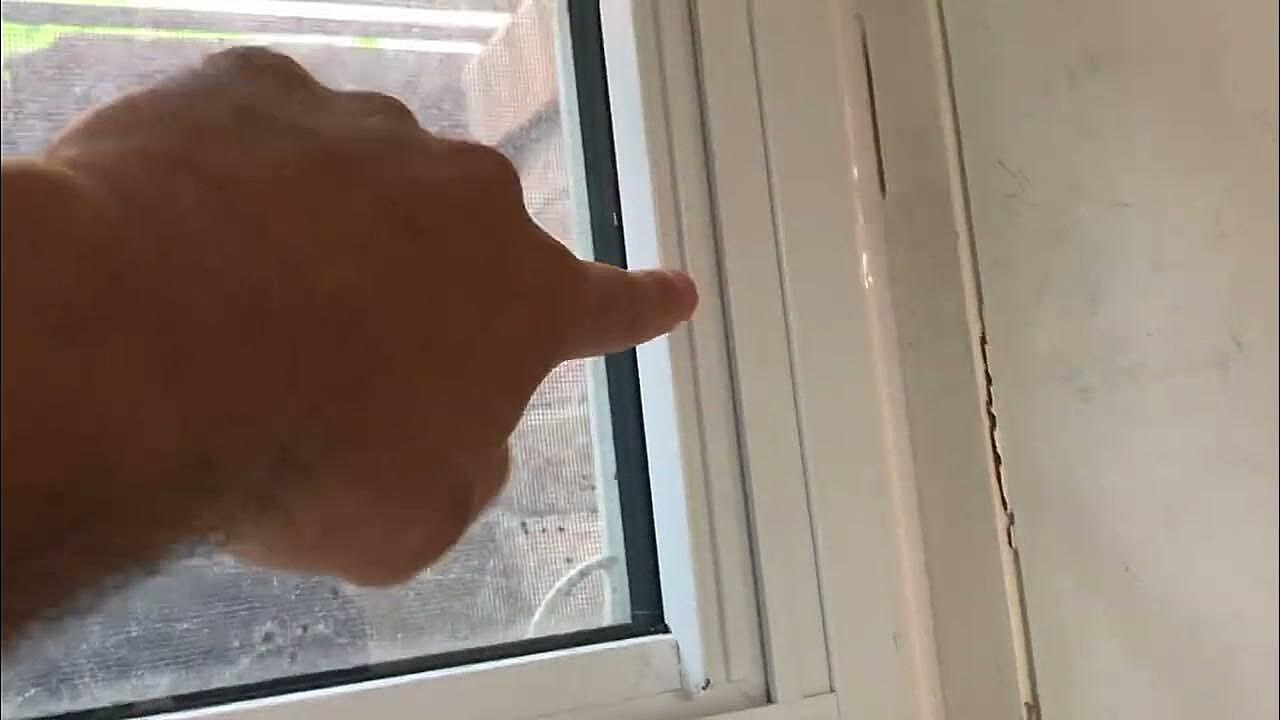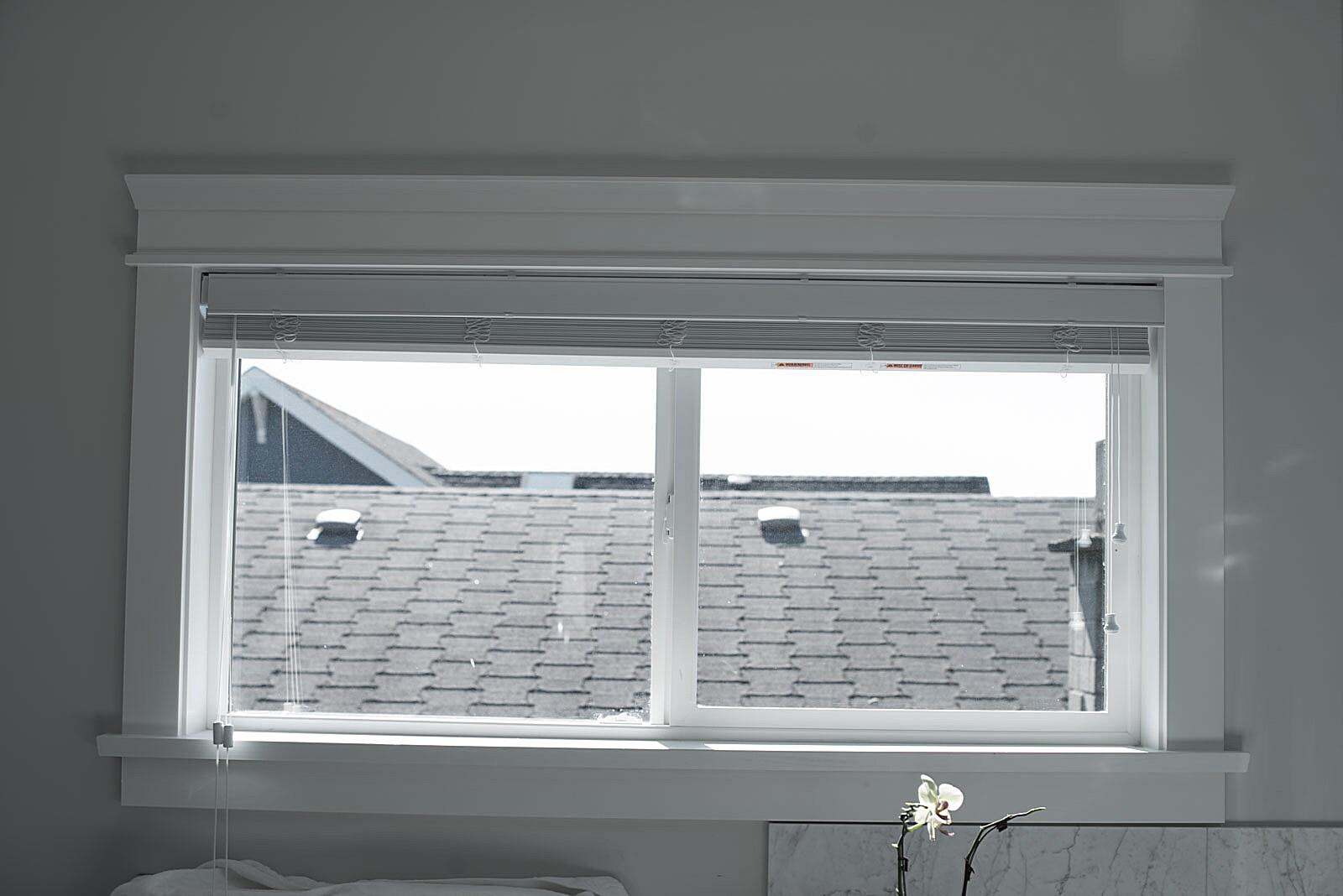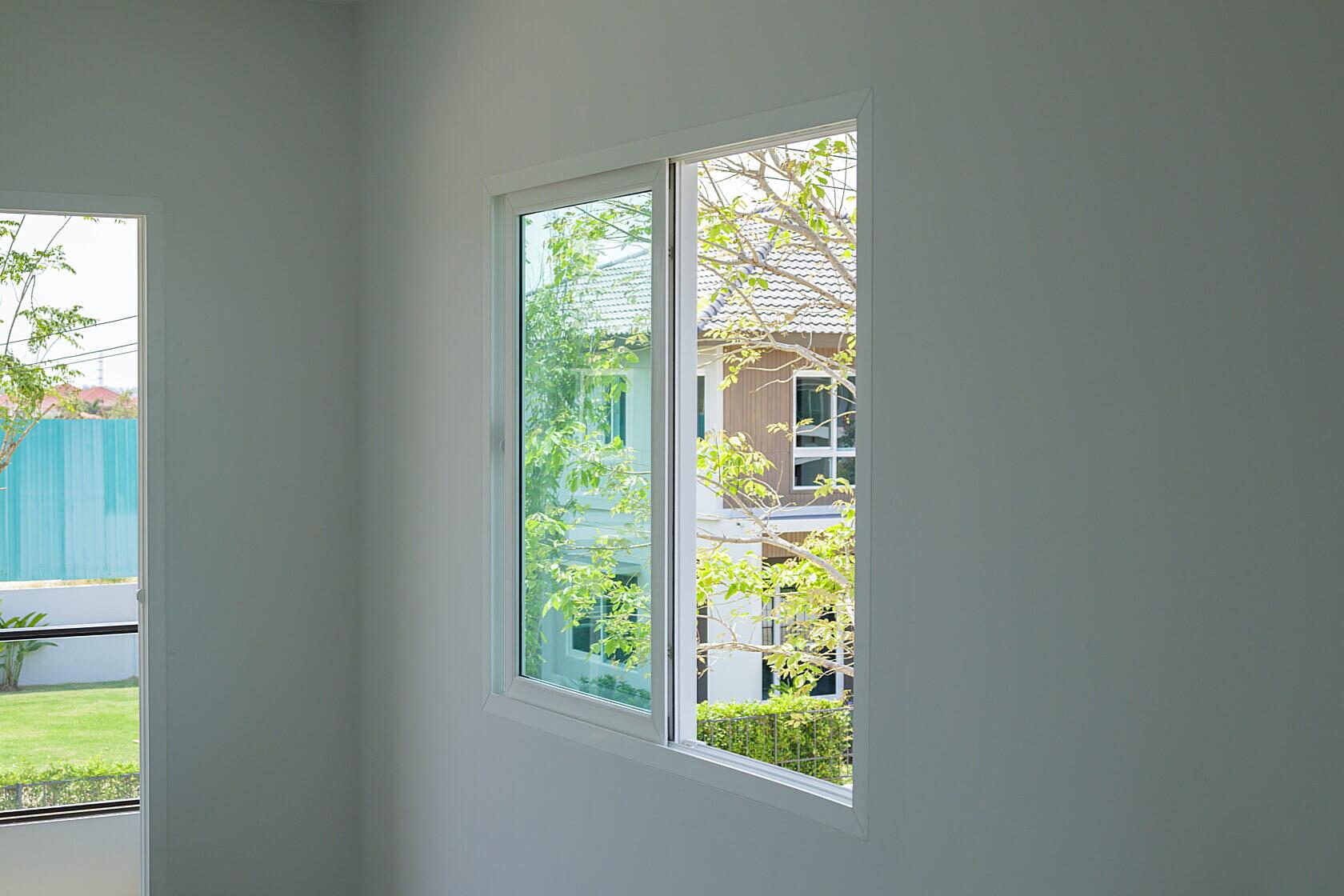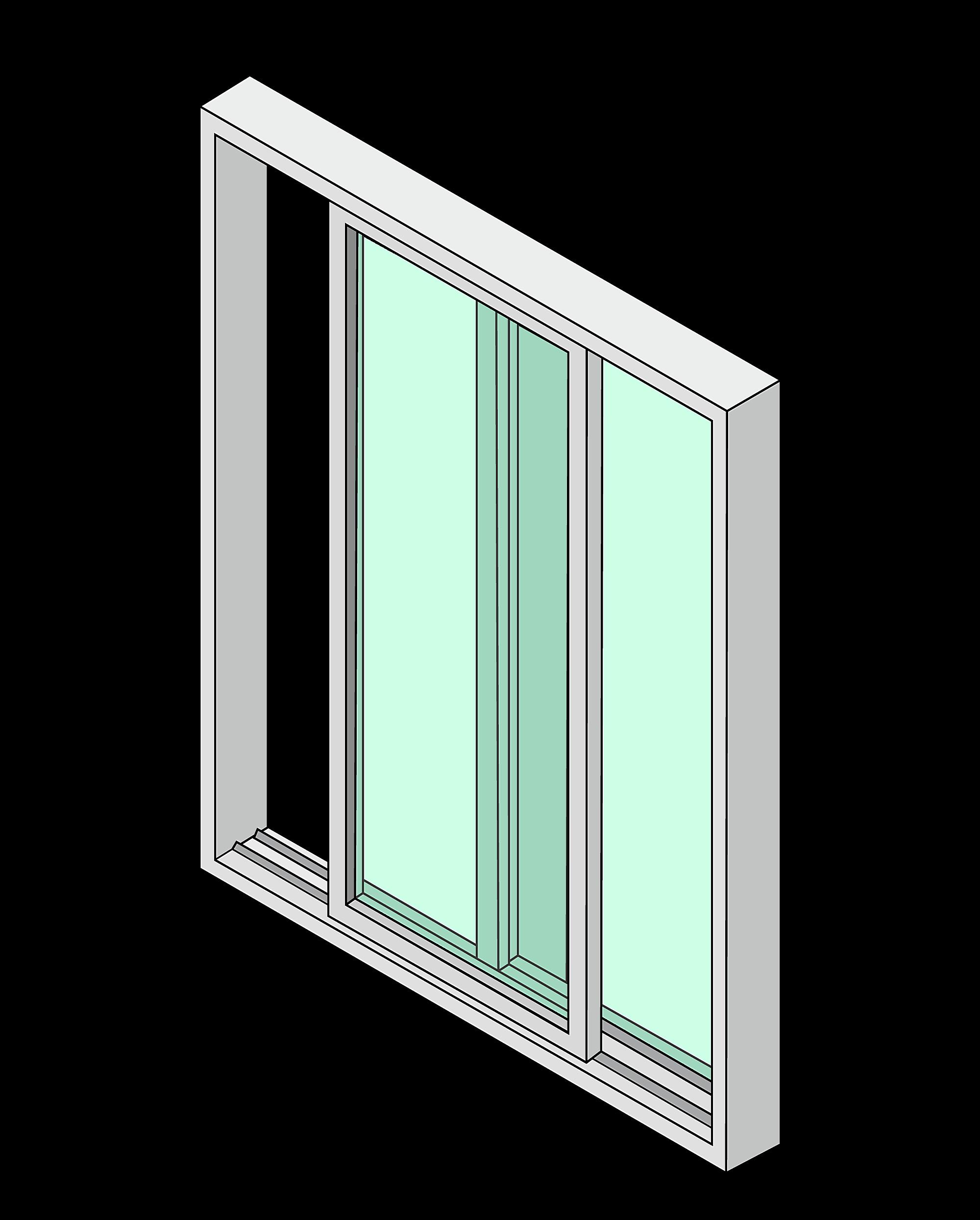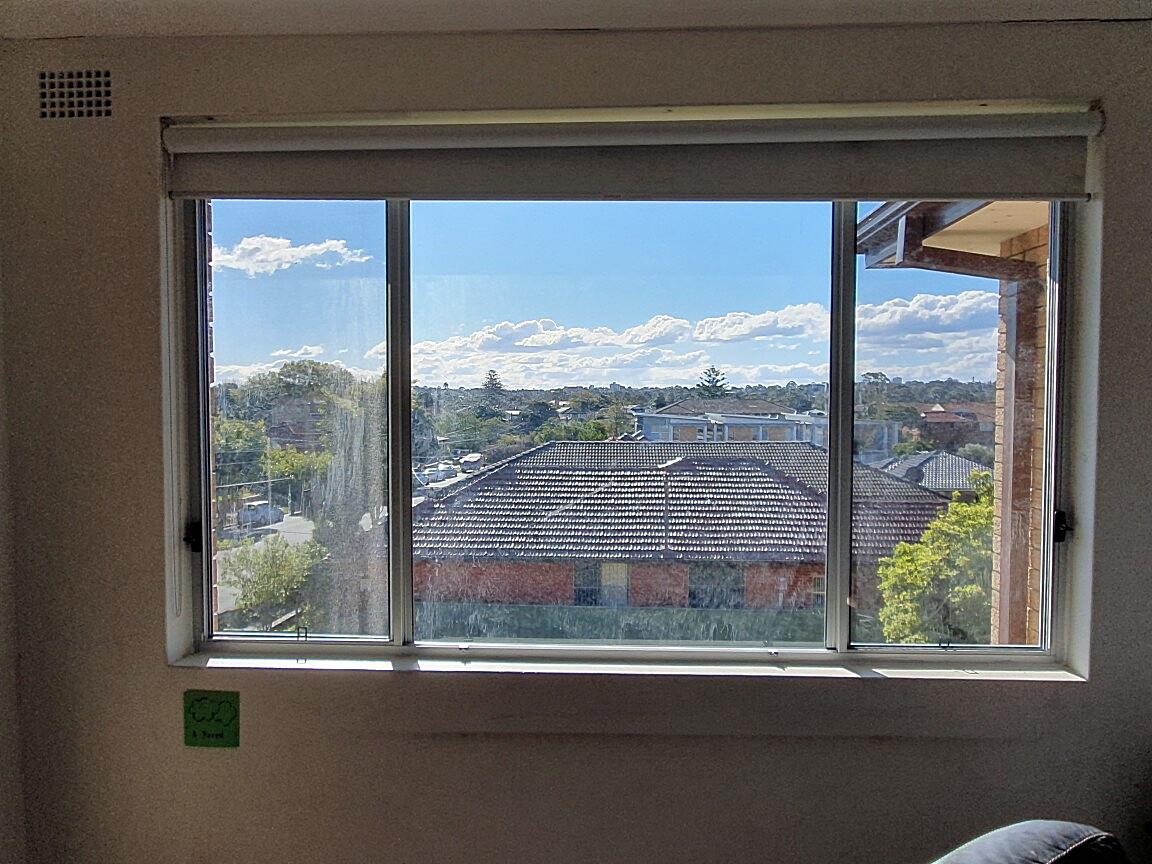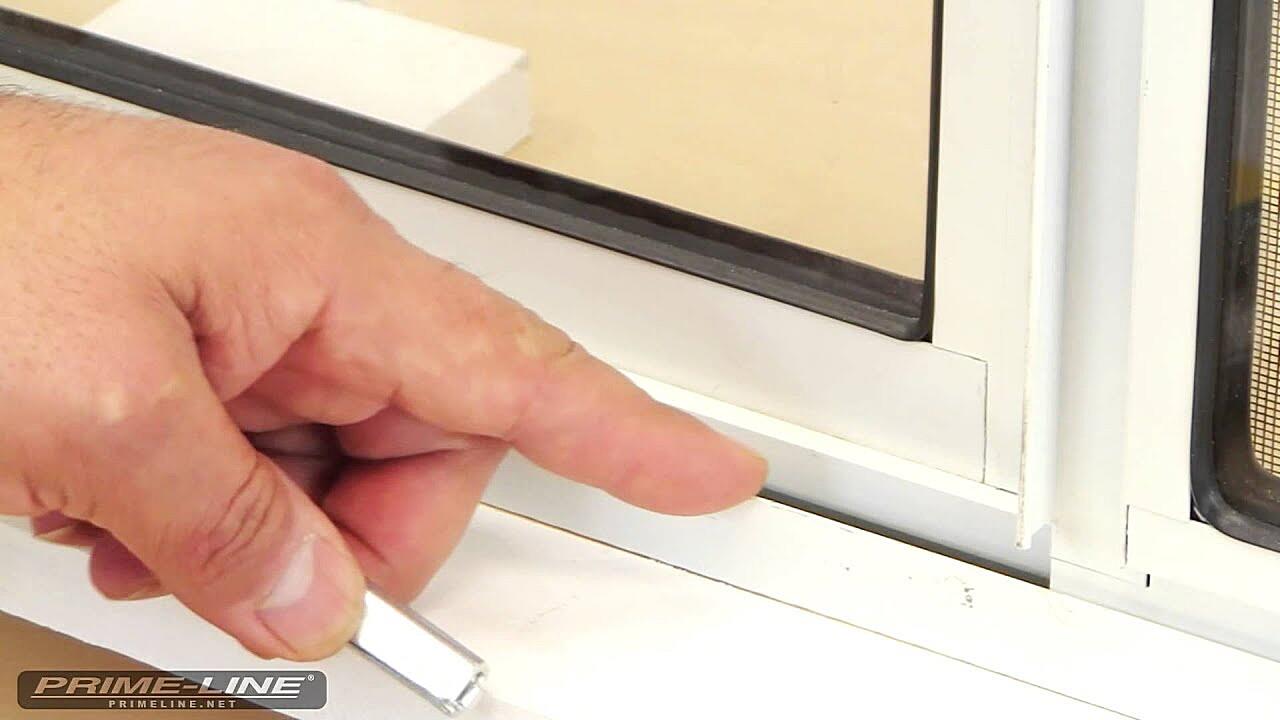Materials Matter
3. Vinyl, Wood, and Aluminum
The material of your sliding window significantly impacts its performance, durability, and overall aesthetics. The most common materials you’ll encounter are vinyl, wood, and aluminum, each with its own set of advantages and disadvantages.
Vinyl windows are a popular choice for their affordability, low maintenance, and energy efficiency. They’re resistant to rot, insects, and fading, making them a durable option for most climates. Plus, they don’t require painting or staining, saving you time and money in the long run. However, vinyl windows may not be as aesthetically pleasing as wood windows, and they can be prone to warping in extreme temperatures.
Wood windows offer a classic and elegant look, and they can be easily customized to match your home’s architectural style. They also provide excellent insulation, helping to reduce energy costs. However, wood windows require more maintenance than vinyl windows, as they need to be painted or stained regularly to prevent rot and decay. They are also generally more expensive than vinyl options.
Aluminum windows are known for their strength and durability, making them a good choice for large windows or areas with high winds. They’re also resistant to corrosion and require minimal maintenance. However, aluminum windows are not as energy efficient as vinyl or wood windows, as they conduct heat and cold more readily. They can also be prone to condensation.
Choosing the right material for your sliding windows depends on your budget, aesthetic preferences, and the climate in your area.
